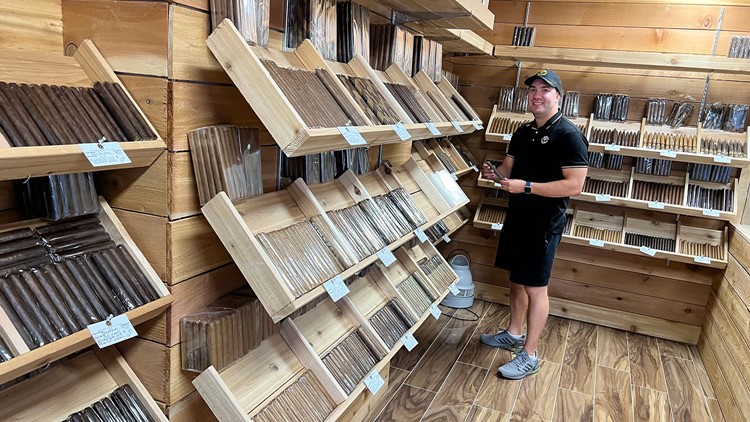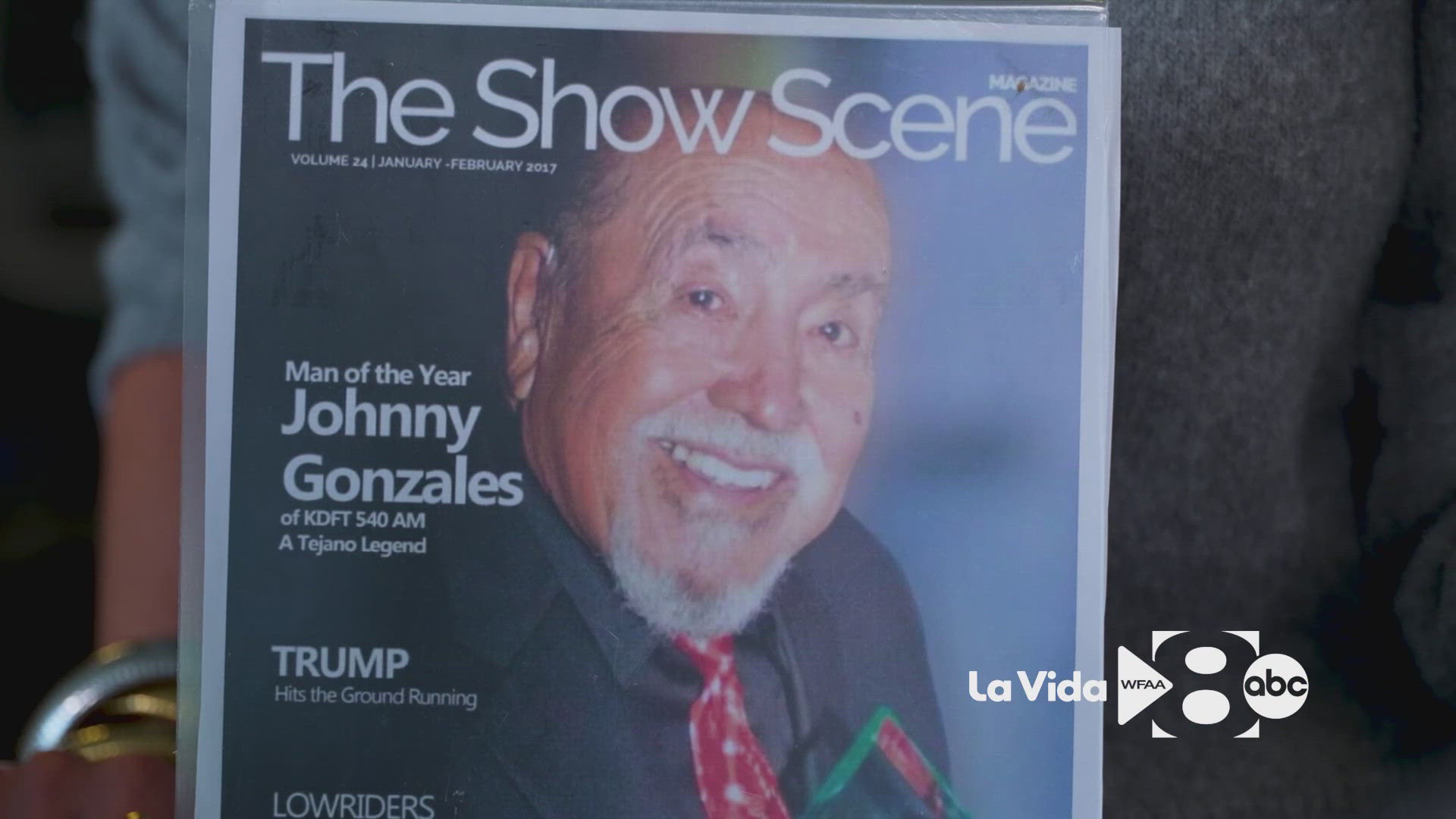DALLAS — A few hundred feet from a Hong Kong tailor, several fast food joints and an Albertson’s in the Casa Linda neighborhood of East Dallas, Jose Hernandez is rolling cigars.
Hernandez, 34, grew up watching his grandfather fabricate cigars by hand in central Cuba.
Those were good times for grandad Faustino, back before Fidel Castro would seize his family’s tobacco plantation and ruin his life.
About a decade ago, Hernandez escaped Cuba for Chile, where he decided to use the skill he learned at his grandfather’s knee -- hand-rolling cigars -- to make a new life.
"Good leaf and a good roll are the keys to a good cigar," Hernandez says. "The results can be amazing."
Growing up in the cigar business, Hernandez knows intuitively what makes a good product. Words like "creamy" and "peppery" creep into his descriptions of what he creates.
He rattles off key ingredients that most of us have never heard of.
"60% of a good cigar is in the wrapper," he says.
In a good product, the wrapper is made of one leaf. The end you put in your mouth, he reveals, is the part of the leaf closest to the plant. The end you light is the part of the leaf closest to the sun. The flavor of the smoke changes as the cigar burns. The first inch of a cigar tastes different from the rest for this reason.
With an endearing Ricky Ricardo lilt, he explains the basics of cigar-making. Tobacco leaf varieties -- Connecticut, Nicaraguan, Peruvian, Honduran and Mexican, to name a few -- are all from the seed of original Cuban varieties. Each leaf can impart unique flavors.
The innards of the cigar -- the filler -- is important too. His blends exploit the profile of each variety in a sum-greater-than-its-parts fashion. Each combination is a recipe, and they're secrets he'll tell no one.
Translating his knowledge into a business hasn’t been easy since he moved from Chile to North Texas.
Hernandez worked as a forklift driver and trash collector, sometimes both at once, before he figured out how to sell his product here. His eventual vehicle for success turned out to be gun shows, of all places.
He saw signs advertising gun shows when he and his wife got to Dallas nine years ago, and he decided to take his cigar-rolling table to gun shows week after week, manufacturing his product before live audiences. The crowds loved his handiwork -- but had nowhere except for gun shows to buy it.
In a "go big or go home" move, as he describes it, Hernandez and his wife decided to stretch their budget to buy a tiny house in Royse City to use as a store. Success there led to their newest venture in Casa Linda.
The new store contains a temperature-controlled humidor room full of Hernandez' products. Whether you like cigars, each one is a handmade masterpiece, a piece of craftsmanship in its own right.
Appropriately, it’s called Faustino Cigars -- after his grandfather.





